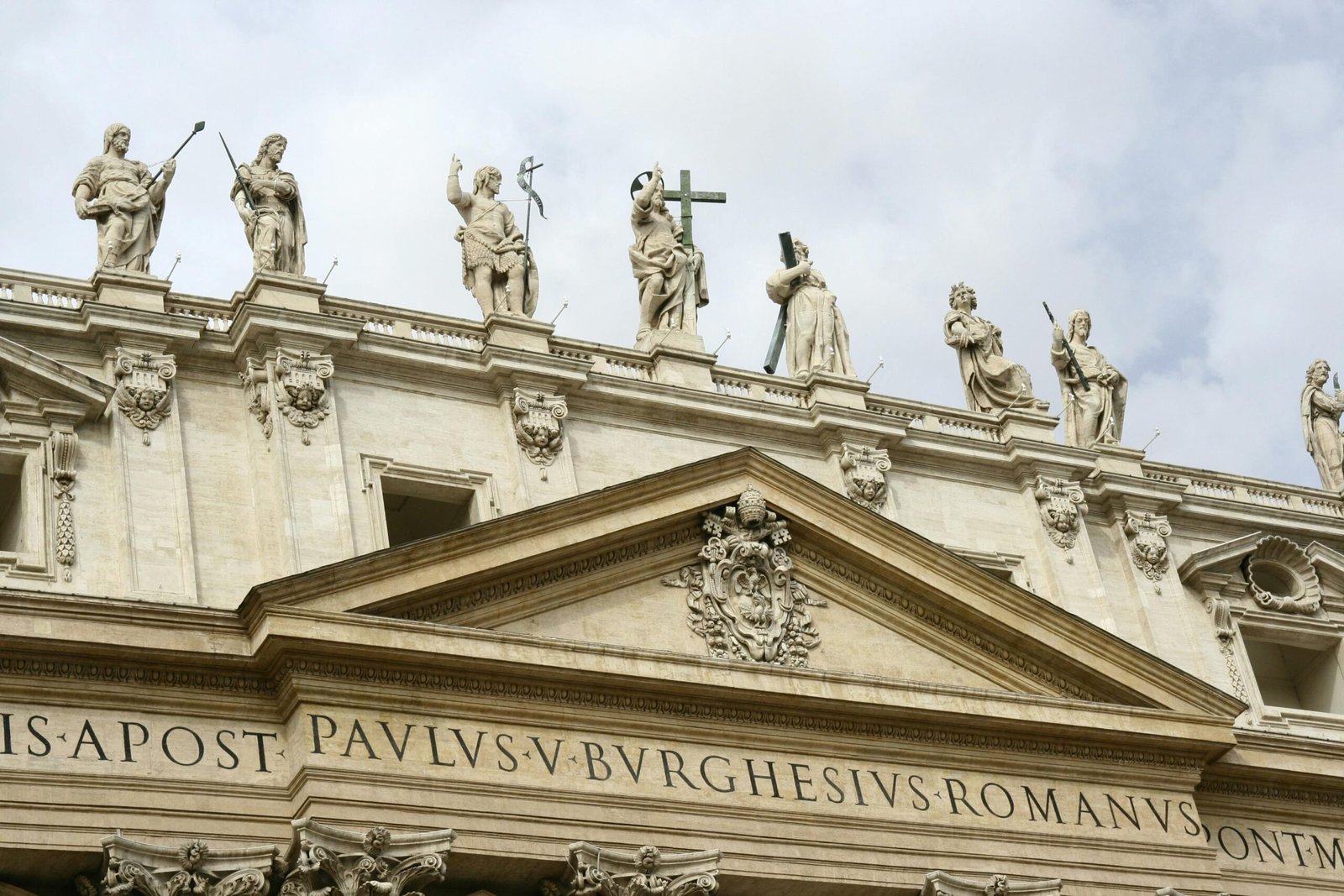What Is Virtue And Why Does It Matter?
The word virtue is often thrown around as a vague commendation of good behavior—but its roots and meaning run far deeper than mere moral nicety. The English term traces back to the Latin virtus, a word rich in connotations of courage, strength, and power. In this sense, virtue is not just about doing what is right; it is about possessing a kind of interior might—a strength of soul that enables a person to act well, consistently and joyfully.
Saint Thomas Aquinas defines virtue as “a good quality of the mind, by which we live righteously, of which no one can make bad use (Summa Theologiae I-II, 55:4),” and even more profoundly, as a “perfection of power…power in reference to being, and power in reference to act” (ST I-II, 55:2). Virtue, in Saint Thomas Aquinas’s view, is about the soul reaching its proper strength and capacity, both in being and in doing. It is not a passive attribute but an active force for good, operating within the person.
This force can be developed in two ways: it can be acquired or infused. Acquired virtues are cultivated through human effort—our daily struggles, choices, and acts of self-discipline. These are the familiar moral virtues: prudence, justice, fortitude, and temperance. On the other hand, infused virtues are given directly by God through grace and orient us toward a supernatural end. These include the theological virtues of faith, hope, and charity, as well as their infused moral counterparts.
In both its acquired and infused forms, virtue perfects the powers of the soul, aligning the human person with his or her true nature. According to Saint Thomas Aquinas, virtue is not merely a series of isolated good acts, but a habit—a stable and lasting disposition that empowers a person to act rightly with consistency, ease, and even joy. It transforms the soul from within, shaping not only behavior but character, so that goodness becomes second nature.
The Catechism of the Catholic Church (CCC) echoes this Thomistic vision, teaching that:
“A virtue is an habitual and firm disposition to do the good. It allows the person not only to perform good acts, but to give the best of himself. The virtuous person tends toward the good with all his sensory and spiritual powers; he pursues the good and chooses it in concrete actions. The goal of a virtuous life is to become like God” (CCC 1803).
Further, it explains that:
“Human virtues are firm attitudes, stable dispositions, habitual perfections of intellect and will that govern our actions, order our passions, and guide our conduct according to reason and faith. They make possible ease, self-mastery, and joy in leading a morally good life” (CCC 1804).
Thus, virtue is not merely about doing good—it is about becoming good, and doing so in a way that brings interior harmony and joy. It reorients the whole person—mind, will, and passions—toward the true good, ultimately drawing the soul nearer to God, who is the source and summit of all virtue.

But why is virtue necessary? Why isn’t it simply optional, something for the morally ambitious?
To understand and answer this fully, we must look back to the Garden of Eden. Before the Fall, Adam and Eve had no need of virtue as we understand it. Their intellects were clear, their wills aligned with reason, their bodies immune to death, and their desires ordered and harmonious. These preternatural gifts—infused knowledge, integrity, immortality, and original righteousness—made virtue unnecessary, because the soul and body were already rightly ordered by Almighty God’s grace.
But with sin, everything changed. Humanity’s intellect was darkened, its will weakened, and its appetites turned unruly—what the Church refers to as concupiscence. Death and disorder entered the world, and with them, a desperate need for healing and strength. Virtue became not just a noble ideal, but a necessity.
In this fallen state, the virtues restore what was lost:
- Prudence remedies our lack of knowledge.
- Fortitude counteracts the fear and fragility brought by mortality.
- Temperance reins in the disordered passions that once lived in harmony with reason.
- Justice reorients the soul to right relationships, echoing the lost original righteousness.
We cannot return to the Garden of Eden. But through virtue—cultivated by human effort and in cooperation with Almighty God’s grace—we begin to rebuild what was shattered by sin. Virtue realigns our broken humanity with the divine pattern, forming us not only for right living in this world but for eternal communion with God in the Beatific Vision.
Virtue brings joy because it perfects the human person, enabling him to act with ease, consistency, and fulfillment (CCC 1803–1804). It brings freedom, as the intellect and will are no longer bound by disordered appetites but are instead governed by reason enlightened by grace (CCC 1733; ST I-II, 55–58). And it brings peace, which Saint Augustine defines as tranquillitas ordinis—the tranquility of order—for through virtue, the soul’s faculties are rightly ordered and directed toward Almighty God (ST II-II, 29:1).
Virtue, then, is not an optional enhancement to a good life—it is the very power by which we become fully alive.
In this blog, we will explore the moral virtues as taught by Saint Thomas Aquinas, offering clear and practical ways to foster them through intentional behavior, spiritual formation, and interior healing. Our aim is to offer a path forward—one that helps restore what was lost in the Fall, all for the glory of God and the salvation of souls.